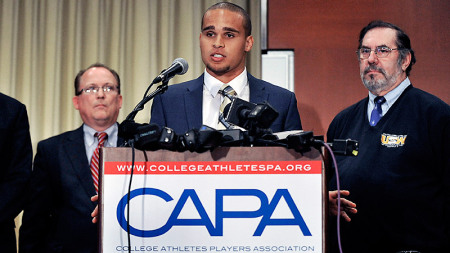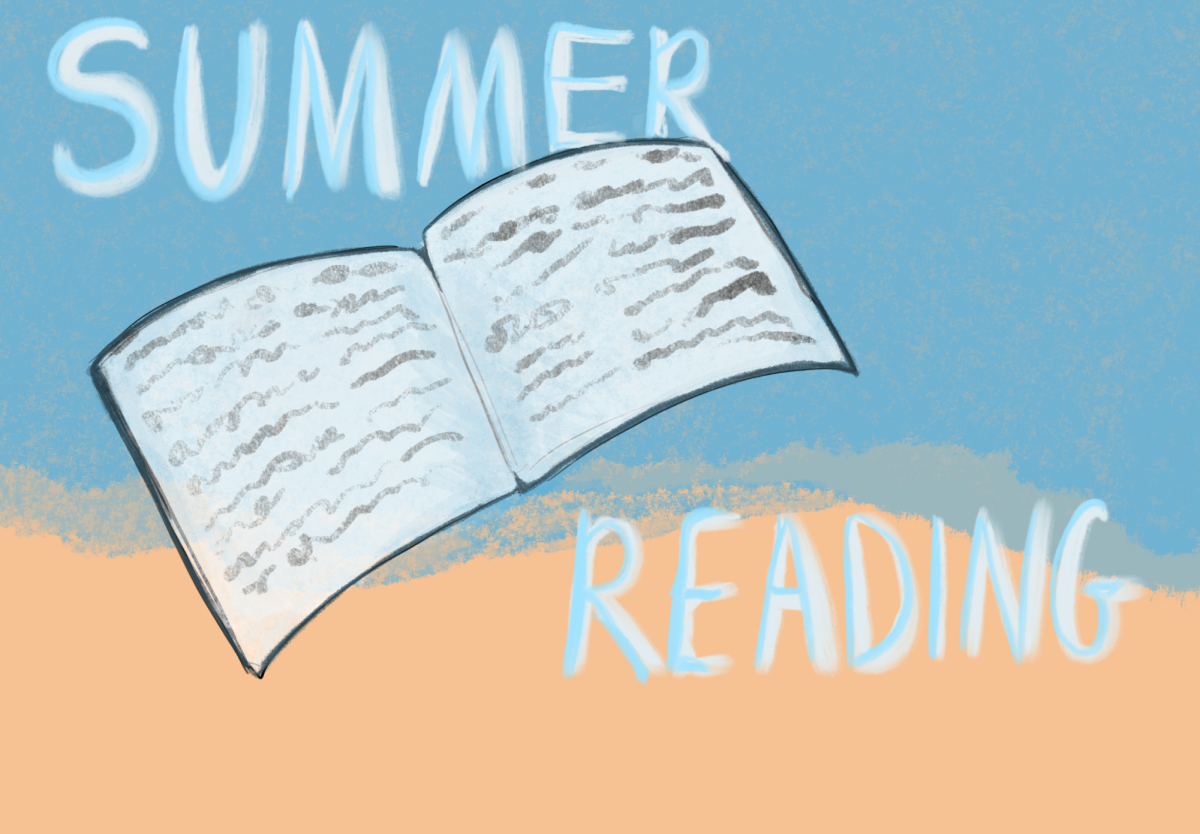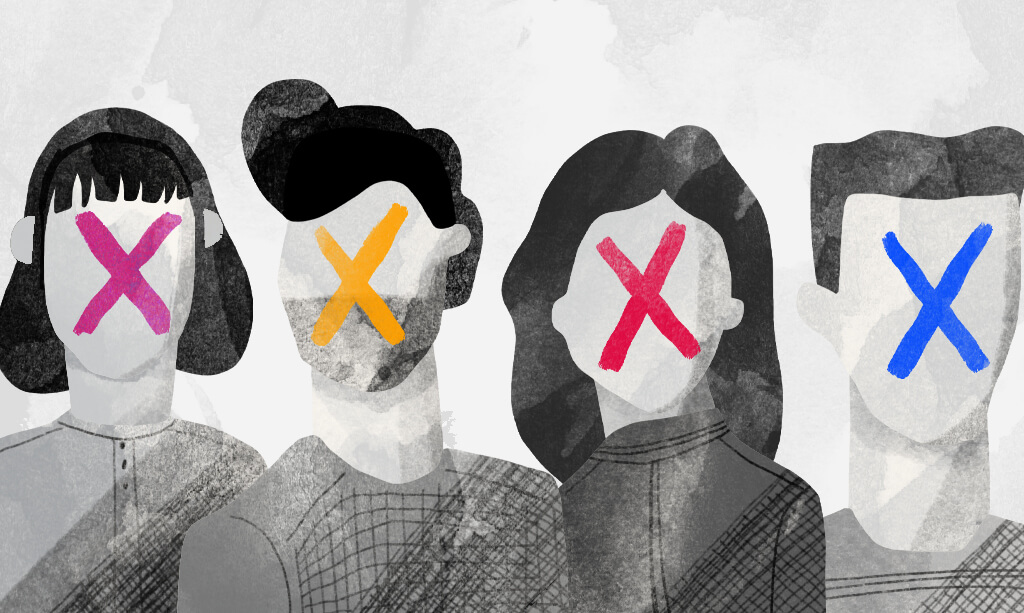
Since the turn of the century, unions have played a prominent role in the culture of the United States job market. These unions help employees to gain better pay, better working conditions, and to protect them from unfair treatment in their workplaces. Traditionally, unions are only used by paid employees; however, a recent court ruling could extend unions to college athletics.
On March 26, the regional director of the National Labor Relations Board, Peter Sung Ohr, ruled that the Northwestern University football team has the right to form a union, arguing that collegiate athletes, particularly football players in huge programs, have to train and practice for their sport for 40-60 hours a week and receive payment in the form of scholarships. Thus, they should be considered employees of the universities and colleges they attend. Right now, this decision only applies to private universities and colleges, but it could spread to public institutions as well.
Additionally, he and the leaders of the push to unionize college sports argue that the players are, in a way, employees, as they are receiving pay for playing in the form of scholarships. Because players are subjected to long hours of training and are essentially being paid, the newly formed College Athletes Players Association, led by Kain Colter, argues that the players have a right to form a union. CAPA hopes to start college unions with football, then basketball and eventually all sports.
Colter and others say that the players should be able to form a union because so much of their lives are dictated by their coaches. Athletes in large programs are told where, when and what to eat, what to do, what they can and cannot say, and what they can and cannot do. They are told what classes to take and what classes they cannot take, often times being pushed towards easier, less time consuming classes. Colter, a former Northwestern football player, said he was unable to pursue his dream of becoming a doctor because coaches told him he could not take the necessary science classes, as they would take up too much time.
CAPA hopes that allowing players to unionize would protect them from having to give up on dreams in the classroom in favor of dreams on the field. While student-athletes should not be forced to give up on academic pursuits to focus on sports, the idea of them being able to unionize is ridiculous. If student-athletes are viewed as paid employees, are they going to be taxed on their scholarships (what the NRLB said was equivalent to an employees pay)? Imagine a student-athlete graduates from a private university with an average cost of attendance of $200,000 over four years. He receives four free years of education, and then he is hit with a tax bill of $17,581.25 after each year, a realistic number for a person earning 50,000 dollars a year. In real life, he isn’t; however, he’s still considered a payed employee.
At some point a line must be drawn. College athletes are not employees. They are students who choose to play a sport for their school, and often times they receive cheaper or free tuition because of it. Anyone would love to receive a free or discounted education just for being a student, let alone for playing the sport that they love. Students athletes cannot say they are employees, have the right to unionize, and are also exempt from paying taxes on their scholarships just because they are athletes. They committed to a school, understanding the commitment being an athlete requires.
Most student athletes would say that participating in college sports enhanced their college experience, not hurt it. While it is unfair for some athletes lives to be so heavily dictated by coaches, what will fix the problem is not unionize college sports. Unions will only complicate these issues and college sports in general, turning them into mini NFL’s, NBA’s NHL’s and MLB’s. They will pit coaches and schools against players, dividing, rather than uniting colleges and universities, the exact opposite of the purpose of college sports.









